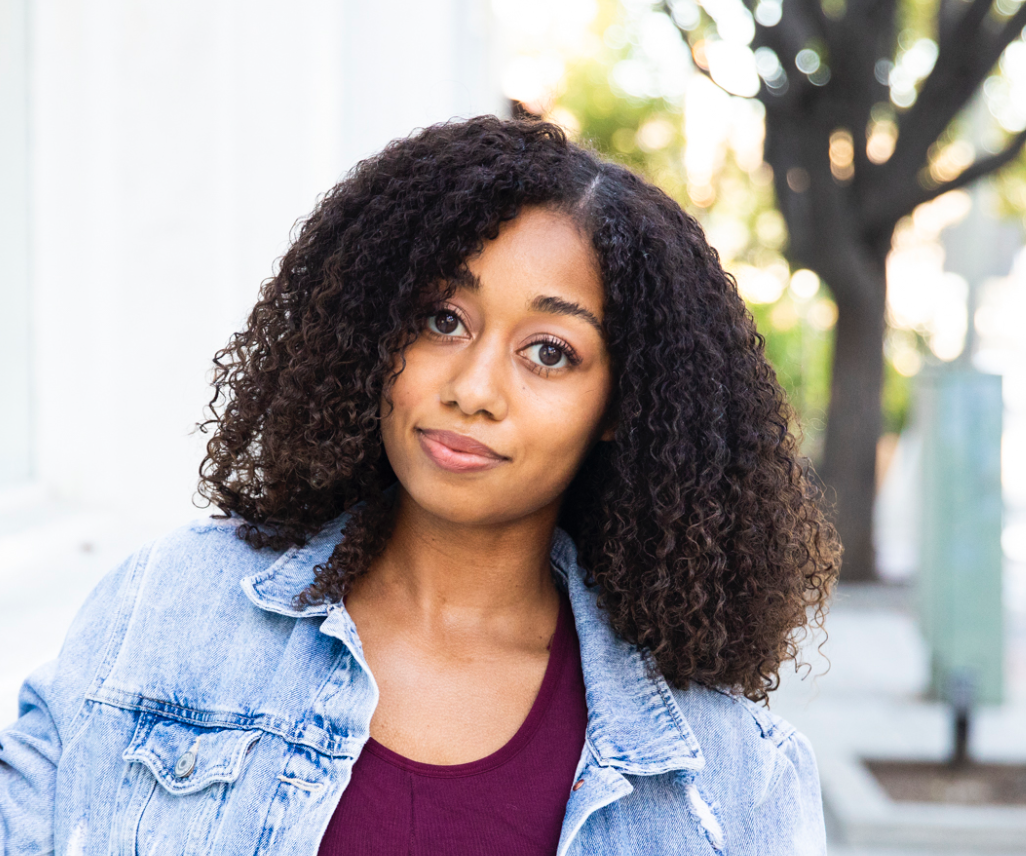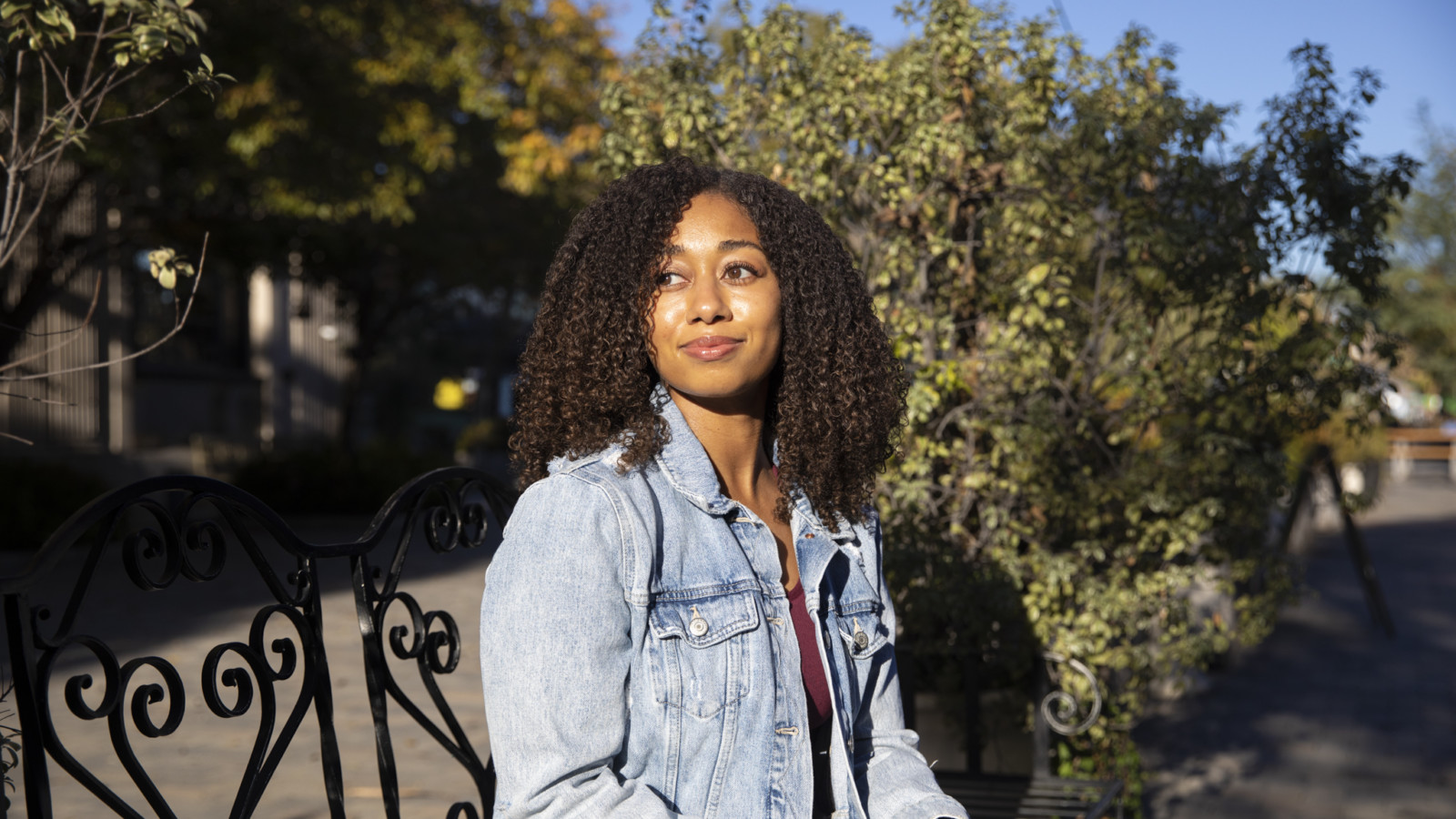Welcome to Transparent, a photo editorial series profiling Black mental health advocates who are breaking down barriers, increasing transparency, and changing the way mental health is perceived in the Black community. Salesforce and Thrive Global, with support from KPMG, have partnered to make change: to bring about positive mental health conversations in the Black community, to share strategies for seeking help, and to prioritize mental well-being.
By Lestraundra Alfred, as told to Thrive Global Studios
Growing up, I prioritized wellness: I played sports, my dad would take me to health food stores to teach me about supplements, and both my parents were very into fitness. But by the time I had my first corporate internship in college, I no longer had the energy to take my physical well-being seriously because my job was so terrible. At the time, I thought, “Okay, if I’m going to work at a job like this for the rest of my career, I need to figure out a way to get myself some energy to make it through the workday.”
That summer, before my senior year of college, I thought back to the healthy habits my parents taught me. I started being more active and putting food into my body that wasn’t just pizza and alcohol. I quickly noticed that I was becoming more energized — but there were other changes too. I started feeling more confident at work and in how I presented myself. People in my life noticed my mental transformation; now they wanted advice. That led me to become a personal trainer and to share wellness content on Instagram as a side hustle.

When I started my business, I was really just focused on my physical wellness — and that’s where I remained for years. But something was missing: I was a fit Instagram girl, and I was still not happy. I was doing all the things I was “supposed” to be doing to feel fulfilled —like going to the gym and eating healthy — but they weren’t fixing my home life, my relationships, or my career. So I thought, maybe I need to look internally to address some of these pain points, and to quit focusing so much on the external. That’s why I started Balanced Black Girl and the Balanced Black Girl podcast. Instead of just focusing on “fitness and smoothies,” I included inner work in my content as well.
“I was still not happy. I was doing all the things I was “supposed” to be doing to feel fulfilled …So I thought, maybe I need to look internally to address some of these pain points, and to quit focusing so much on the external.”
At first, as a content creator, it was challenging for me to find people who had experiences that I could relate to. In that wellness space, a lot of white women would talk about self-care — at least, that’s what was presented to me by the algorithms when I would look for resources and other Black women. I learned that we have to be more intentional about finding those women, because people (and algorithms) have a narrow view of who wellness is for.
There’s so much wellness information out there that’s very “one size fits alI.” On my podcast, I interview guests of different backgrounds so they can share their story and show no two stories are the same. My goal is to share such a variety of stories and experiences that everyone can listen and find something to relate to. We never talk in absolutes, which helps make some of these conversations about wellness and mental health less scary.



